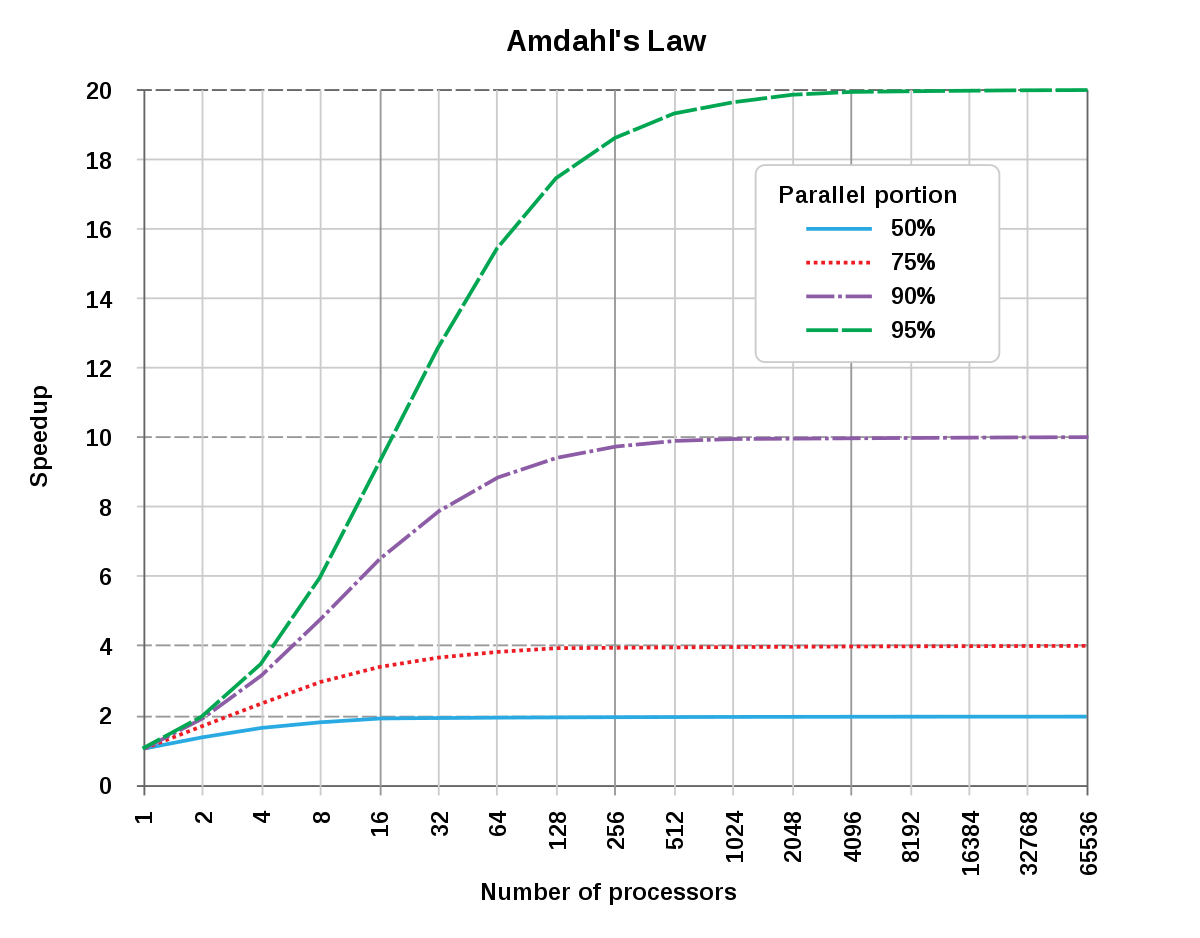So, I finished my first long set of playtests on 2.6.x, on the beta branch so mostly on 2.6.3.
Yes, performance is better. I'd call it borderline playable in late game. Not enjoyable, but playable. It was not playable before. True work has been put into it and while I can't say the end result is yet perfect, the change is galactic, mind the pun. I think the best and most wonderful change is that huge late game battles, with a good 1500K of fleets at it, can be played. I do appreciate the work, but I must add that I feel the work has just started. This change proves that the work can be finished, and I'll take it as a good sign.
I have been wondering abut other things that aren't directly hardware performance optimization, but come close. Things that are parts of the game's tech that ultimately affect performance. I believe there are a few things to look at. I think performance and other mechanics need to talk together.
Species. Just opening up the colony ship building menu or species list require coffee breaks, because the game just forks new species at an astonishing rate. Yes, you could probably optimize the code for opening these lists, or maybe just look at the species handling mechanics.
Colony issues. Play late and wide, the game becomes unplayable with so many constant popups from worlds that have no jobs, no housing or massive crime, and this becomes a performance issue. Not because the code for these is bad (except when you get the same popup from the same colony 100+ times) but because the AI builds worlds with five times the amount of pops it supports, and when you conquer them, you also conquer their horrendous management effects.
Rebels. Lists of contacts and any place where you need to see all the players become slow. Not because the code there is bad, but because the game forks out so many new empires later on, most of them without an empire name. So while it's nice to see the ___ make a deal with ___ constantly and then breaking the same deals right after, they fill the screen, toss popups and again, make playing performance bad.
Useless travels. I'm guessing they don't have an issue with burning fossil fuels in the cosmos, as the AI's unoptimized constant travels back and forth with their construction ships, on their way from doing nothing to the other side of the galaxy to do nothing, while building 50 more that also do nothing, tends to fill the screen with nonsense. Not because the code displaying a construction ship is bad, but because the code managing their work is a bit more artistic than technical.
There are more, but I hope I've hidden a point here somewhere. Performance is not just about being able to process stuff quickly. You've really, really improved that and I am grateful. The next steps need a bit of looking at the big picture as well. Here's hoping good luck for future endeavors in that area. I know you can do it.
edit: since it's recommended to post, system in short: Ryzen 9 3950x / 64 GB / 3x Samsung 970 Evo 1TB / RTX2080Ti / Win10. AMD may still be the loser option in performance for Stellaris.



